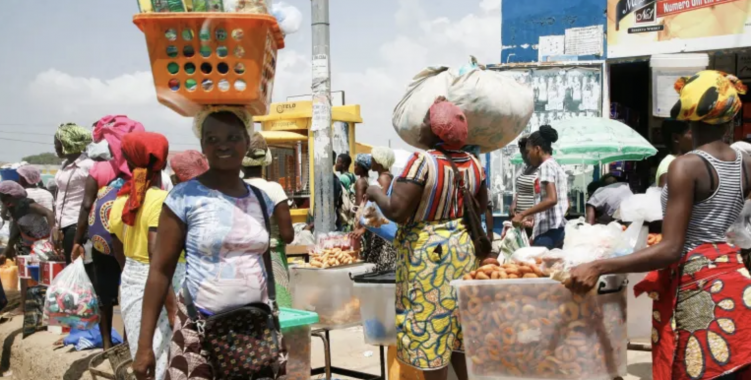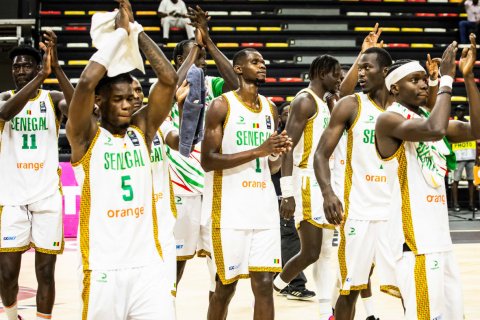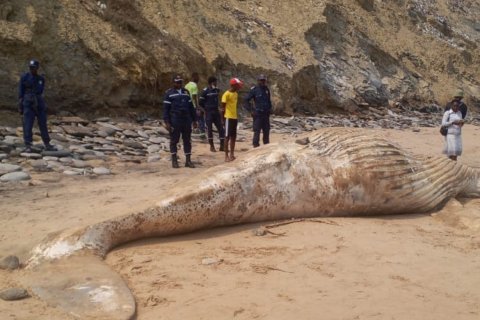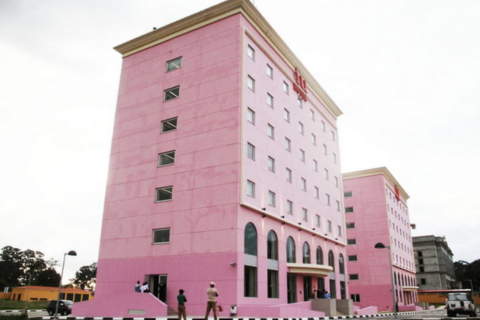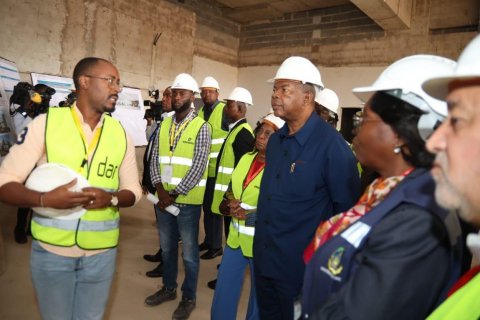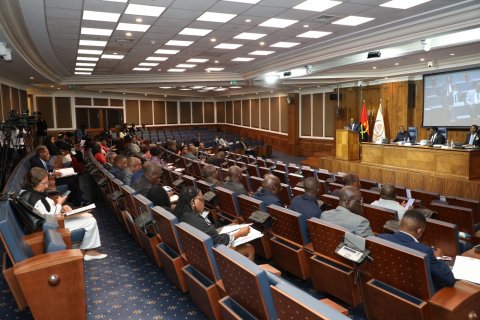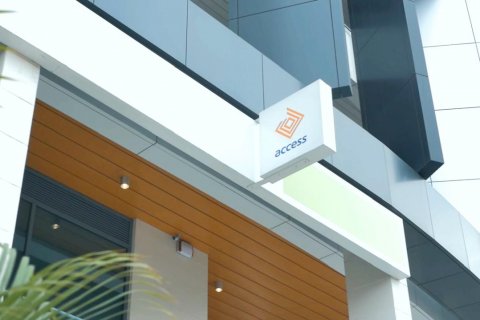Denise Monteiro, ILO project manager, was speaking at the end of a round table on Social Protection in Angola – Paths to Universal Coverage, which took place this Tuesday in Luanda, and explained that this bulletin will allow us to know which protection interventions that exist in Angola, contributory and non-contributory, namely monetary transfers, who implements them, the number of people covered and what benefits they have.
"Then we will have a more real picture of social protection", she declared to Lusa, stressing that this report should also help to "solidify concepts" about social protection in Angola, which is sometimes confused with social responsibility.
"Social protection is an instrument of public policy, it is a responsibility of the State", she highlighted.
Denise Monteiro considered that the issue of social protection in Angola still has "a very long way to go", adding that, in terms of contributory social protection, "there is already some progress made".
In the case of the National Social Security Institute, created 40 years ago, taxpayers and benefits have increased and "actuarial [for risk assessment and management] and financial studies have been carried out to guarantee the sustainability of the system".
As for non-contributory social protection, Denise Monteiro stressed that it is still "in its infancy", citing the Kwenda social monetary transfer program, implemented in 2020 and whose term was extended until 2029, with the recent approval of an additional loan of 400 million dollars by the World Bank.
Denise Monteiro defended greater dissemination of this program, "because people don't know what Kwenda is" and don't realize its benefits.
"Instead of having real data, because they don't know it, they don't understand it, they connect it to other types of instruments, they think that giving money to the poor is something that can't be done and that it's something out of this world, when everyone does it", pointed out, emphasizing that monetary transfers have effects on the local economy.
According to Denise Monteiro, the ILO intends for this type of program to become a national program, financed by the State Budget "and with no end to end".
"What we would like to see is, without a doubt, a budget allocated every year to Kwenda, coming out on a recurring basis (...) so that he is not held hostage or dependent on a loan approval. That is what we would like to see and this will allow for greater sustainability of the program, greater confidence on the part of the general public and a medium and long-term projection", she highlighted.
Kwenda is a monetary transfer program for vulnerable families, implemented since 2020 by the Government, co-financed by the World Bank, and which has already benefited more than one million families, from 94 municipalities.

